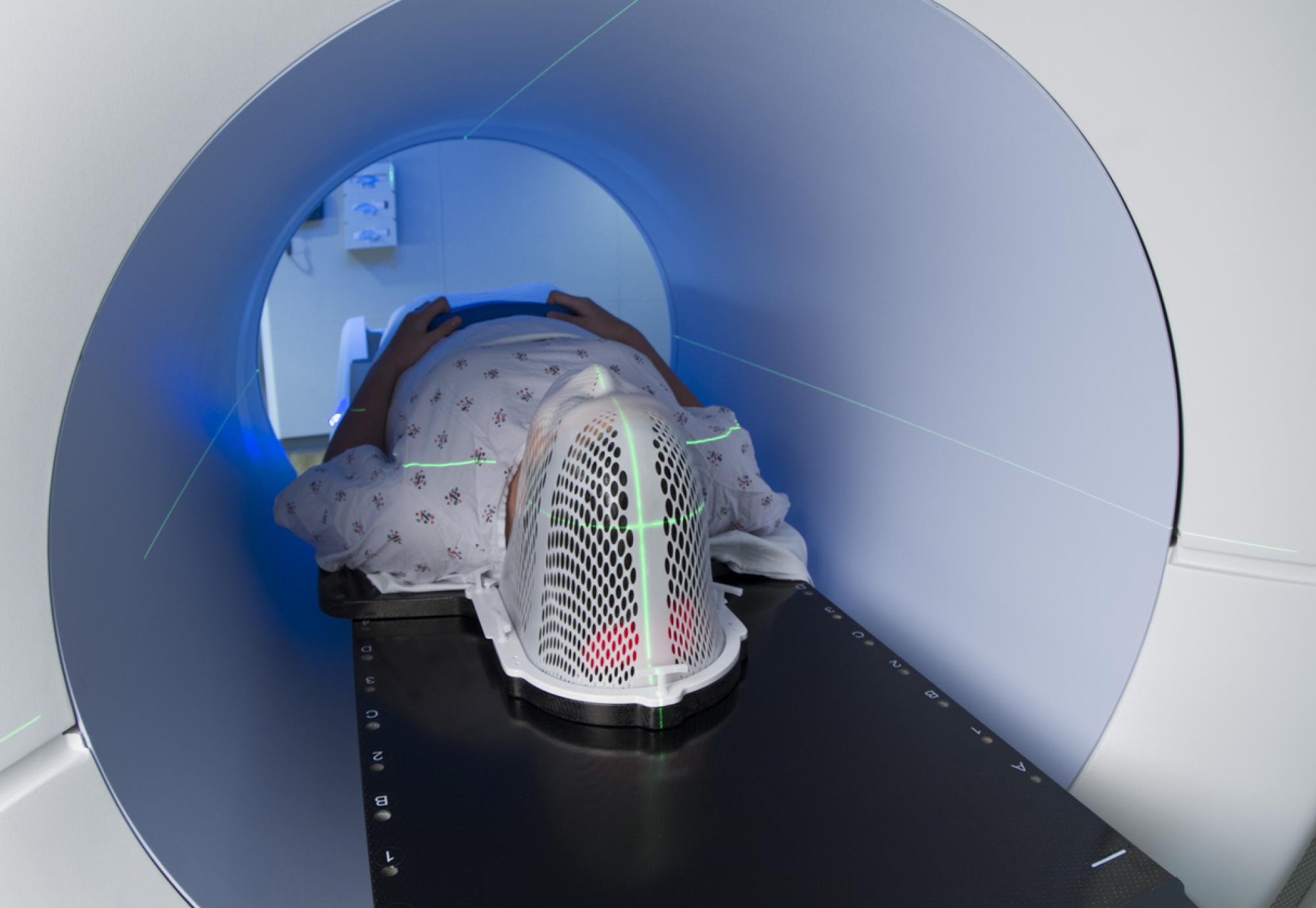Cancer patients are benefitting from reduced waiting times and improved health outcomes thanks to a ground-breaking new artificial intelligence (AI) innovation.
Named OSAIRIS, researchers from the Cambridge University Hospitals have developed new technology that, when used in conjunction with a clinicians, can make radiotherapy pathways around two-and-a-half times quicker.
The efficiencies are drawn out in the process known as segmentation which is when specialists essentially outline healthy organs on scans ahead of radiotherapy to accurately delineate from the areas of interest.
Per patient, this can take doctors between 20 minutes and three hours when done alone.
Dr Raj Jena, a Cambridge University Hospital oncologist who led the research driving OSAIRIS, said: “OSAIRIS does much of the work in the background so that when the doctor sits down to start planning treatment, most of the heavy lifting is done.
“It is the first cloud-based AI technology to be developed and deployed within the NHS."
Cambridge’s Addenbrooke’s Hospital currently uses the AI for prostate and head and neck cancers but Dr Jena highlighted his team’s work to develop a model that works for lung and breast cancer, as well as technology for brain tumours.
The NHS emphasises the solution has been put through a rigorous testing procedure, making particular reference to the ‘Turing tests’ it underwent where doctors were unable to decipher OSAIRIS’s work from that of a colleague.
Amy Edwards, a clinical engineer at Cambridge who was part of the testing procedure, explained: "Myself and the team essentially sit together and think of all the risks with this device, anything that could go wrong, any way in which it could be used incorrectly.
"And then we have to come up with some solutions to those risks and we have to make sure the device is safe to be used in all patients, no matter what type of patient we're looking at."
Image credit: iStock



















